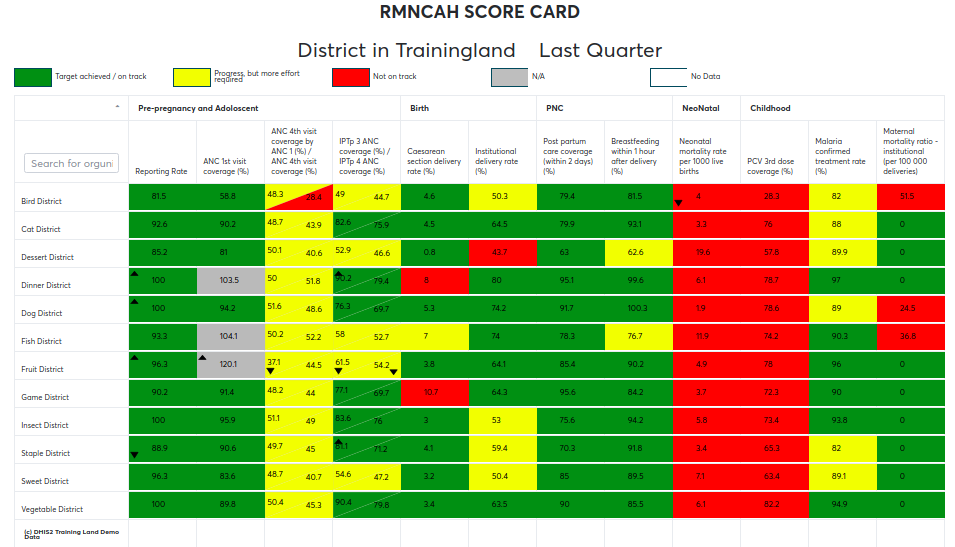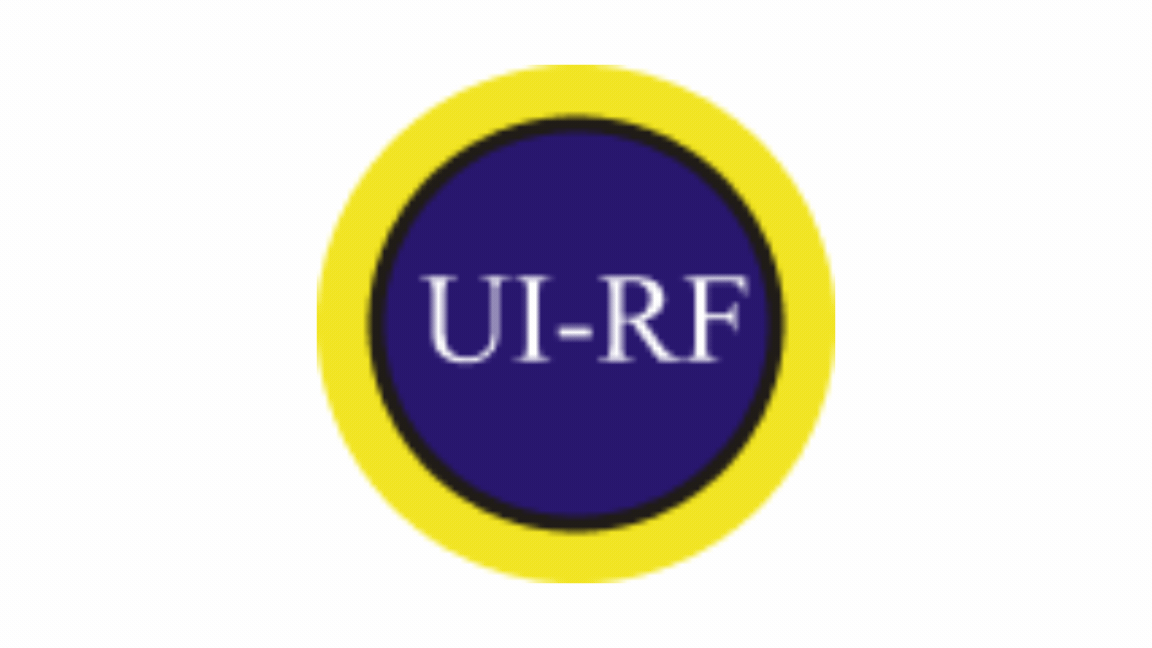
Enhancing Healthcare Accountability: The RMNCAH Scorecard and UI-Research Foundation’s Impact
Improving maternal and child health is a global priority, particularly in low- and middle-income countries where healthcare challenges persist. One of the most effective tools for tracking progress and identifying gaps in Reproductive, Maternal, Newborn, Child, and Adolescent Health (RMNCAH) services is the RMNCAH Scorecard.
In 2017, the Federal Government of Nigeria through the Federal Ministry of Health expressed interest and introduced the Reproductive, Maternal, Newborn, Child and Adolescent Health (RMNCAH+N) Scorecards as an accountability tool to supplement its databased system- the Health Management Information System–(HMIS). The aim was to enhance efforts on a roadmap developed in 2016 for strengthening the M&E for the health system in the country.
What is the RMNCAH Scorecard?
The RMNCAH Scorecard is a structured performance measurement tool designed to monitor and evaluate health indicators related to:
- Reproductive health – Access to family planning, antenatal care, and safe delivery.
- Maternal health – Maternal mortality rates, quality of obstetric care, and postnatal services.
- Newborn health – Neonatal mortality rates, essential newborn care, and immunization coverage.
- Child health – Under-five mortality, nutrition, immunization, and disease prevention.
- Adolescent health – Access to reproductive health services, mental health, and education on sexual health.
The RMNCAH Scorecards have been used to track the quarterly performance of priority indicators from national strategic plans in other countries in Africa, including Ethiopia. The colour-coded digital tools make it easy for all stakeholders to access and interpret the data. The community members, health workers and decision-makers have benefited from this facility. The RMNCAH Scorecards have also been shown to support a systematic and evidence-based approach to monitor national priorities, identify performance gaps, and take timely corrective action. The main purpose of the scorecard is to use the data for action, accountability and advocacy, while enhancing transparency in the health system.
UI-Research Foundation’s Contribution to the RMNCAH Scorecard Initiative
The University of Ibadan Research Foundation (UI-Research Foundation) was commissioned by the African Leaders Malaria Alliance (ALMA)* and the Federal Ministry of Health (FMoH) to document Nigeria’s experience with the RMNCAH Scorecard across multiple states, including Oyo, Osun, Ebonyi, Port Harcourt, Niger, Kaduna, and Nasarawa. This project aimed to evaluate the scorecard’s effectiveness in improving maternal, newborn, child, and adolescent health (RMNCAH) outcomes and provide insights for strengthening its implementation.
UI-Research Foundation’s key contributions include:
- Assessment of Effectiveness: UI-Research Foundation conducted evaluations to determine how well the RMNCAH Scorecard is improving maternal, newborn, child, and adolescent health outcomes.
- Stakeholder Engagement: The foundation gathered insights from key decision-makers in government parastatals and health institutions.
- Research and Data Collection: UI-Research Foundation conducted Key Informant Interviews (KII), Focus Group Discussions (FGD), and interviews with healthcare workers and Ministers of Health, in collaboration with UNICEF.
- Policy Documentation: The findings from this research provided evidence-based recommendations to enhance the use of RMNCAH Scorecards for better healthcare decision-making.
UI-Research Foundation’s Recommendations for RMNCAH Scorecard Implementation
To enhance the sustainability and impact of the RMNCAH Scorecard, UI-Research Foundation proposed the following:
- Institutionalization: Integrate the RMNCAH Scorecard into Nigeria’s National Strategic Health Development Plan (NSHDP III) for 2023-2028.
- Policy Mandates: Engage the Health Data Governance Council (HDGC) and Health Data Consultative Committee (HDCC) to oversee and standardize Scorecard implementation nationwide.
- Government Adoption: Advocate for state and federal governments to adopt the Scorecard as a mandated accountability tool.
- Stakeholder Inclusion: Encourage participation from private healthcare providers to ensure comprehensive national health data coverage.
- Sustained Funding: Secure dedicated funding lines for Scorecard production, training, and dissemination at all governance levels.
With the proper integration into national health policies and ongoing commitment from government and partners, the RMNCAH Scorecard has the potential to drive significant improvements in health outcomes, ensuring that communities receive the quality care they deserve.
*African Leaders Malaria Alliance (ALMA) is a coalition of African Union (AU) Heads of State and Government working together to eliminate malaria and improve health outcomes across Africa. ALMA was established in 2009 to support African nations in achieving the Sustainable Development Goals (SDGs) related to health, particularly malaria elimination, maternal and child health, and overall disease control.


